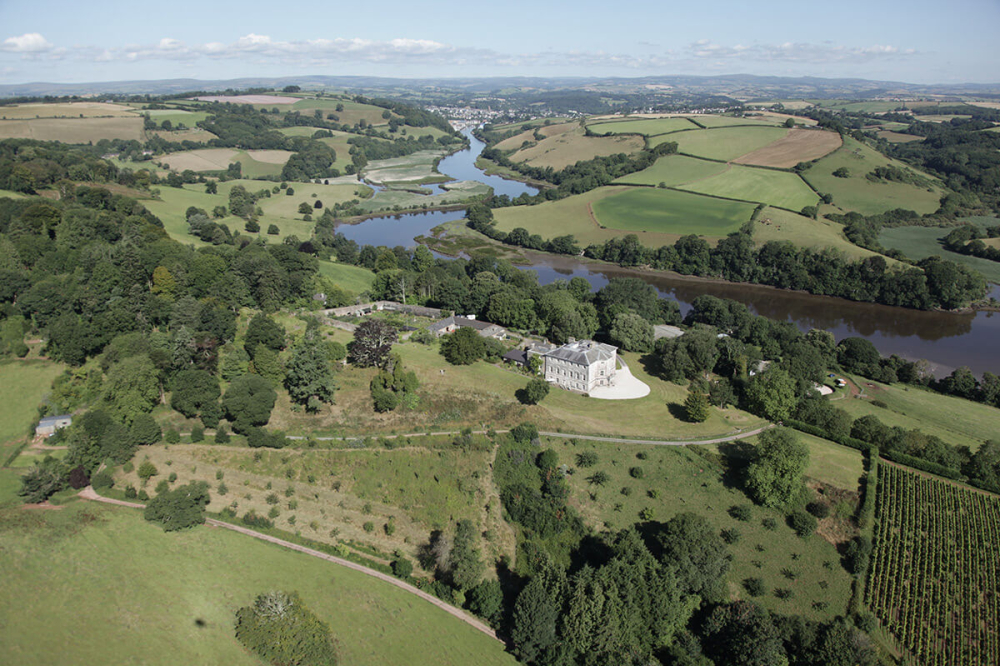Sustainability
Environmental Sustainability Policy
The Sharpham trust recognizes that organisations can have a negative impact on the environment. We are committed to finding ways in which we can reduce the impact of our work in the following areas:
- Waste
- Energy
- Water
- Purchasing
- Food
- Transportation
- Land management
- Biodiversity
- Building Construction
Waste Management
- We endeavour to minimise waste generation through reduce, reuse and recycle.
- We utilise contract recycling services.
- We work to minimise food waste in our kitchens and we compost any remaining food waste.
Energy
- We contract a green energy company
- We endeavour to minimise energy usage by turning off lights, heaters, appliances when not in use
- We purchase low energy equipment
- We keep doors and windows closed to avoid unnecessary heat loss when cold
- We utilise heating controls to avoid unnecessary energy consumption
- We use more sustainable heating fuels including woodchip and logs
- We have installed solar PV panels on the estate
Water
- The estate utilises its own water supply as much as possible
- We minimise wastage of water
- We do not use harmful chemicals and we do not put them down the drains
Purchasing
- Use only biodegradable (eco) cleaning products.
- Buy fair trade and organic if possible.
- Where possible buy least packaging or re-useable (milk bottles, bulk buying etc.)
- Purchase recycled paper and ink cartridges
- Minimise printing and laminating
- Utilise e-communications where possible
- We contract an eco-friendly laundry company
Food
- Operate vegetarian kitchens
- Use estate produced food for courses, meetings, and at all opportunities possible, and ensure guests are aware the produce is grown on the estate.
- Use local, seasonal (unsprayed if available) to supplement.
Transportation
- Encourage guests to travel by train or bus
- Maintain and encourage use of the cycle path from Totnes
- Provide bus or taxi transport for volunteers
Land Management
- We have converted all farmland to registered organic status
- Our tenants pursue extensive grazing
- We are Rewilding the estate to make space for nature
- Do not allow GM crops to be grown
- We do not use pesticides or herbicides
- We plant Trees where possible
- We protect the historic landscape
- We use peat free compost
Biodiversity
- We manage the estate to promote biodiversity
- We have increased the area of land managed for rewilding
- We do not allow practices harmful to wildlife including hunting and or badger culling
- We plant trees where possible
Building Construction
- We maximise the energy efficiency of buildings
- We try to utilise more sustainable building materials
- We do not use uncertified timber or tropical hardwoods







